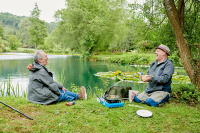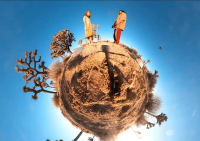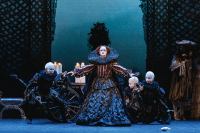The luck of the Irish is finally running out








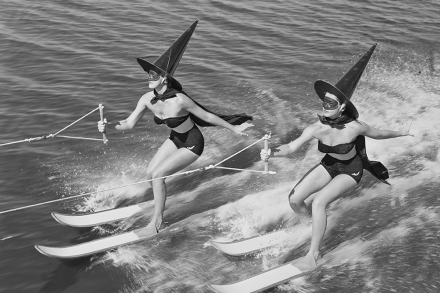
All the latest analysis of the day's news
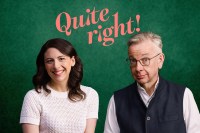
An intelligent mix of culture, food, style and property, plus where to go and what to see.





The results of last weekend’s races provided a reminder that it is impossible to know which horses are fit enough to do themselves justice on their first runs of the season. Several trainers sent their horses to Cheltenham thinking they would run well on their seasonal debut only to be disappointed. Three horses tipped in


This week's magazine
The dangers of the new occult
The British science-fiction writer Arthur C. Clarke, author of 2001: A Space Odyssey, proposed a ‘law of science’ in 1968: ‘Any sufficiently advanced technology is indistinguishable from magic.’ Clarke’s proposition had a quality of rightness, of stating the obvious with sparkling clarity, that propelled it into dictionaries of quotations. The timing was perfect: Concorde would
The British science-fiction writer Arthur C. Clarke, author of 2001: A Space Odyssey, proposed a ‘law of science’ in 1968: ‘Any sufficiently advanced technology is indistinguishable from magic.’ Clarke’s proposition had a quality of rightness, of stating the obvious with sparkling clarity, that propelled it into dictionaries of quotations. The timing was perfect: Concorde would
The good, the bad and the ugly in books, exhibitions, cinema, TV, dance, music, podcasts and theatre.
Ravel’s L’heure espagnole is set in a clockmaker’s shop and the first thing you hear is ticking and chiming. It’s not just a sound effect; with Ravel, it never is. He was an inventor’s son, half-Swiss, half-Basque, and timepieces, toys and Dresden figurines were in his soul. For Ravel, they seem to have possessed souls




